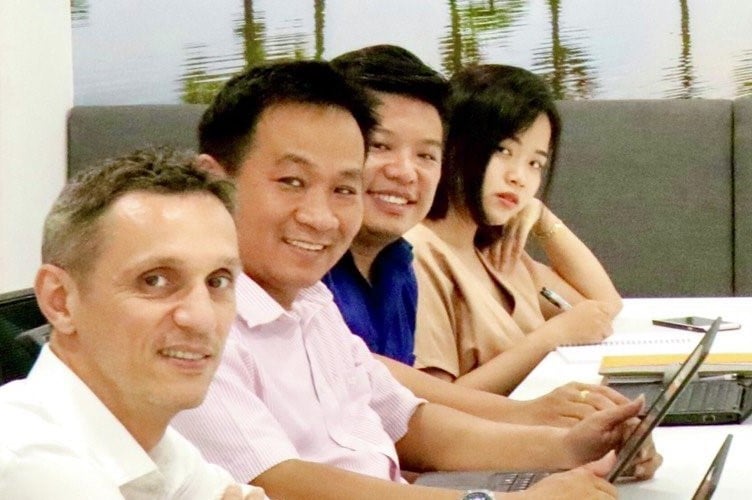The project “The Feed of Today is The Food of Tomorrow” is designed to support sustainable fisheries, ensure the supply of sustainable raw materials and to protect the right of future generations to access nutritious and healthy seafood. The partnership between Metro Turkey, Skretting Turkey and Hatko Aquaculture has brought sustainable omega-3-rich fish to the market and created an opportunity for retailers to expand their nutritious and sustainable seafood offerings. Earlier in 2021 we communicated about this project on our website, and for this Sustainability Report we invited Metro to share their perspective.
Metro has been officially chosen as Turkey’s most reliable and trustworthy seafood retailer. While we are glad and proud of this privilege and recognition, we are also aware of the great responsibility put on our shoulders.
This responsibility is not only towards our customers to whom we are committed to provide quality, assortment and service beyond standards, but even more towards oceans and seas that provide us these unique sources for healthy protein in form of seafood products.
Sustainability, which is core to our business, is also a passion for us at Metro Turkey. All the projects from the resource to the shelves are developed with this passion and focus.
We see the future of seafood in aquaculture, but feeding fish in farms with fish from oceans is not sustainable at all. Even though this is a global concern, we wanted to act as a global industry player and started to work on different sustainability projects three years ago.
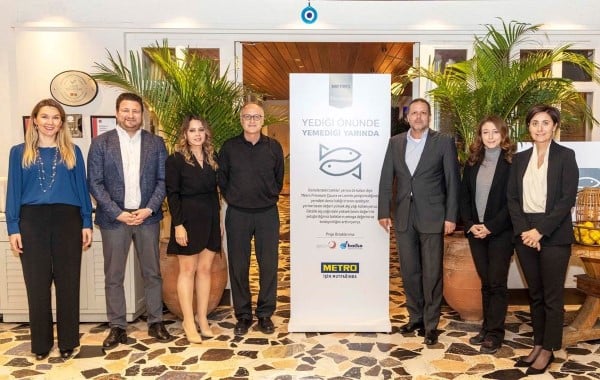
With “Metro Premium Fish Project”, we intended to use algae oil instead of fish oil for the first time in industrial scale, came to live basing on this passion, responsibility and concern. And of course, we would need partners who would share this passion and responsibility with us. So without hesitation we knocked at the doors of Skretting Turkey and with their great support, cooperation and devotion, we were able to make our first harvest and introduce this unique fish to the global markets.
We named our fish as “Happy Fish”. Because we know if the fish is happy, so will the customers. We will save almost 500 tonnes of wild fish stocks while we produce 400
tonnes of fish until the end of 2022.
Now we feel a bit more comfortable both towards the oceans and our future generations. And we believe that the real impact will come if all partners in the supply chain are dedicated and engaged for the same goal. Therefore, our collaboration with Skretting is very valuable in this journey.
Sinem Türüng, CEO, Metro Turkey
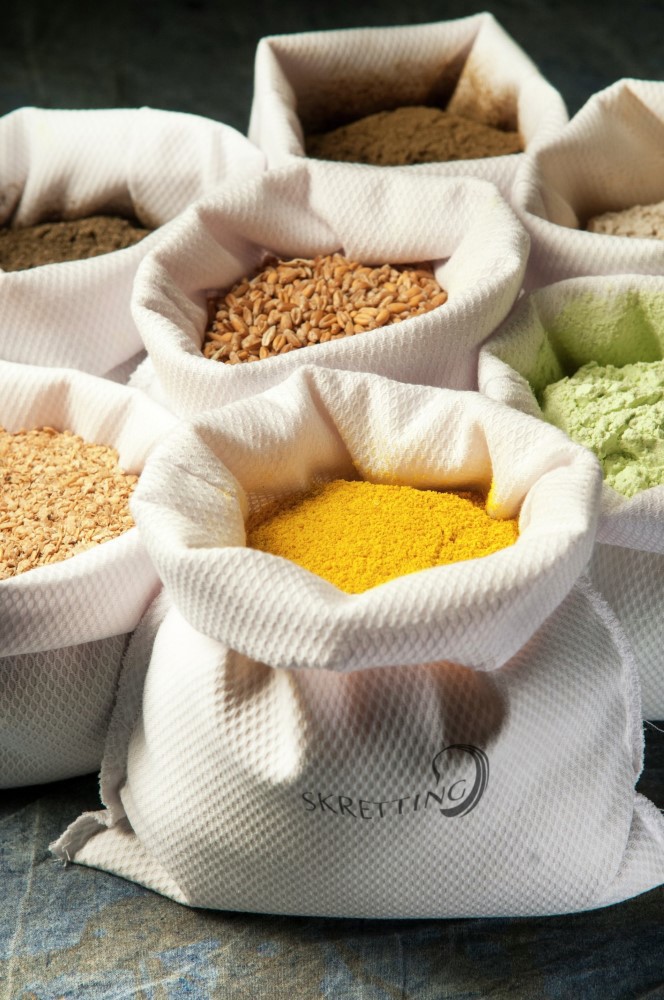

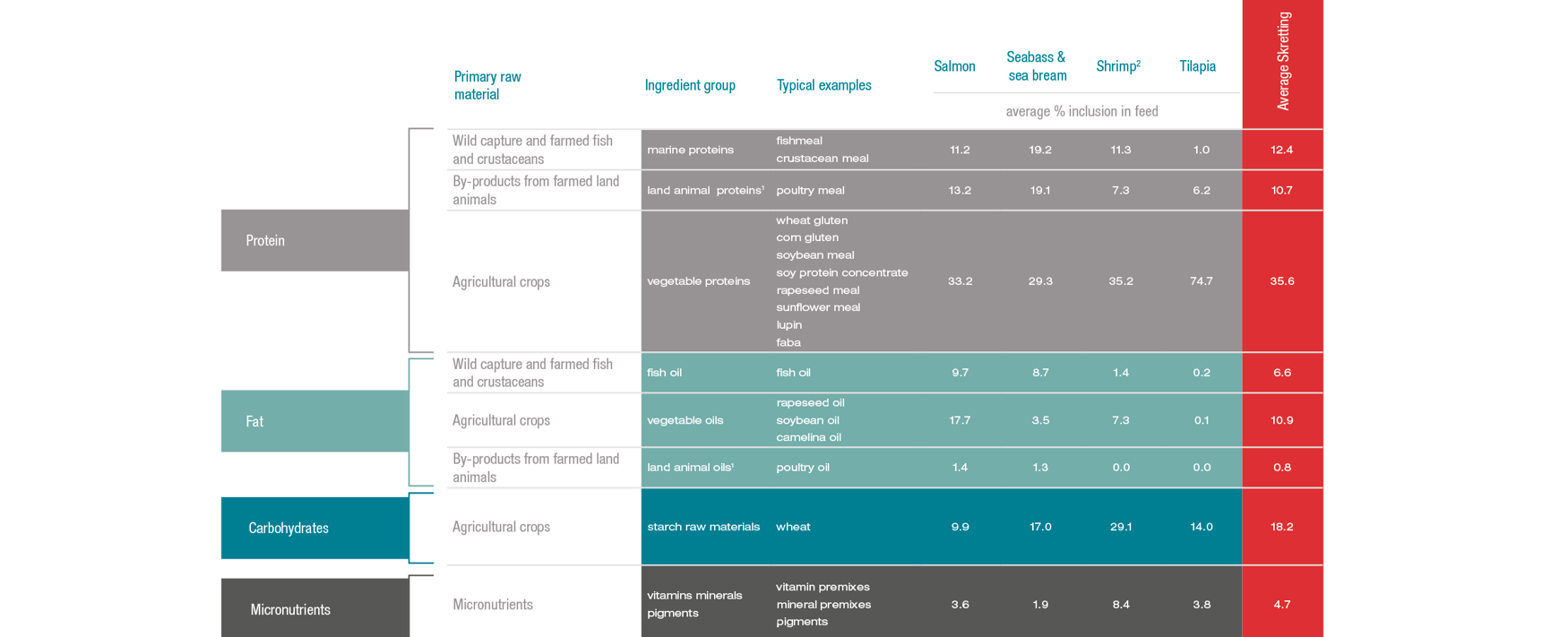
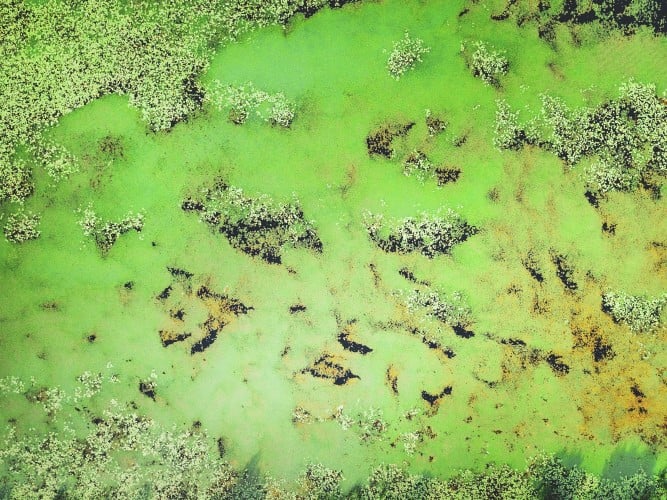

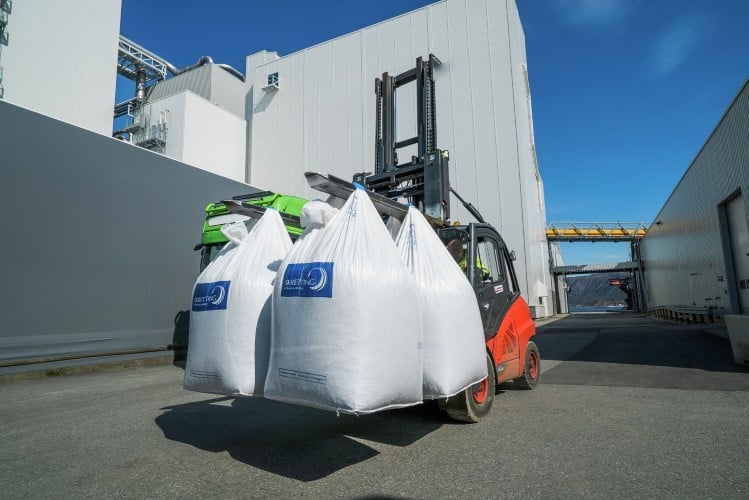
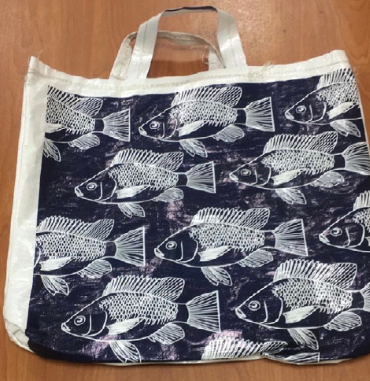
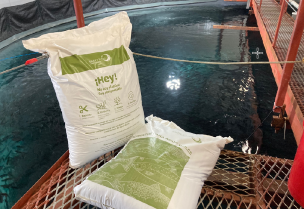 In January 2022 Skretting Chile made the first delivery of freshwater diets in sustainable bags to Mowi Chile. The move coincided with Mowi’s objective of reducing the use of plastics, proposed by the company worldwide in its Corporate Sustainability Strategy.
In January 2022 Skretting Chile made the first delivery of freshwater diets in sustainable bags to Mowi Chile. The move coincided with Mowi’s objective of reducing the use of plastics, proposed by the company worldwide in its Corporate Sustainability Strategy.